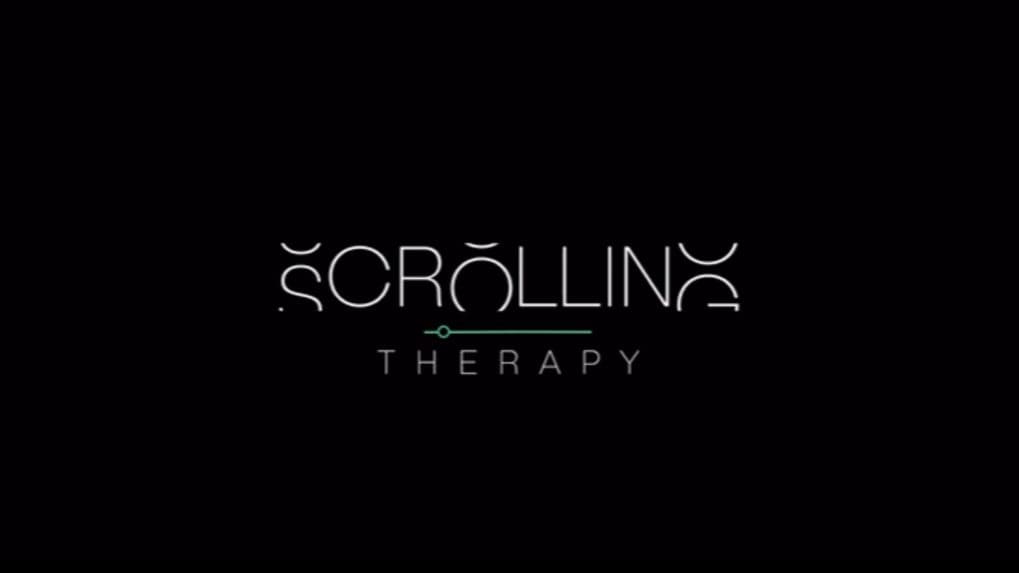Digital
Why OpenAI is hiring 100 ex-bankers: Inside the ChatGPT-maker's secret project to automate Wall Street's grunt work

What if every scroll, like, and play on your Instagram feed could be a step toward healing?
That's the provocative question behind Scrolling Therapy, a facial recognition-based mobile app that transformed daily social media habits into essential therapy for people living with Parkinson's. And no, it wasn't a Black Mirror episode - it was one of the most awarded and impactful health-tech campaigns in recent memory.
Created to tackle one of Parkinson's cruellest symptoms - facial masking, where patients lose the ability to express emotion through their faces - Scrolling Therapy made waves by turning routine facial exercises into social media commands.
Also Read: Global Ads Spotlight: How U.S. Bank turned a lingering pain point into a national conversation
Smiling could play a video. A raised eyebrow could scroll the feed. A frown could pause it. No mirrors, no awkward routines, just rehab wrapped inside the dopamine-hit design of a feed refresh.
The idea was ingenious in its simplicity: people spend 2.5 hours a day scrolling - why not turn that into therapy time?
The challenge wasn't in just identifying the exercises. It was getting people to actually do them. Just 3% of Parkinson's patients kept up with their facial therapy routines. Watching themselves struggle in the mirror wasn't just physically hard - it was emotionally brutal.
Scrolling Therapy cleverly sidestepped this plan point by making the mirror obsolete. The app offered real-time feedback, gamified motion, and integrated seamlessly into the platforms patients already used.
The result? A staggering 88% engagement rate. That's not a metric; that's a lifeline.
And the ad world noticed. The campaign swept major award shows - a Grand Prix and multiple Lions at Cannes, Webby nods, and Anthem Awards.
But it also moved beyond the echo chamber of adland.
Patients and caregivers around the world shared stories of connection - how the app gave them a new way to interact, to smile, to be seen again.
What made Scrolling Therapy a standout wasn't just the clever tech integration or even the emotional storytelling - it was that rarest of things in advertising: a campaign that worked not to sell, but to heal. It tapped into a global behaviour and rewired it for good.
From purpose-driven work and narrative-rich brand films to AI-enabled ideas and creator-led collaborations, the awards reflect the full spectrum of modern creativity.
Read MoreIn a wide-ranging interview with Storyboard18, Sorrell delivers his frankest assessment yet of how the deal will redefine creativity, media, and talent across markets.